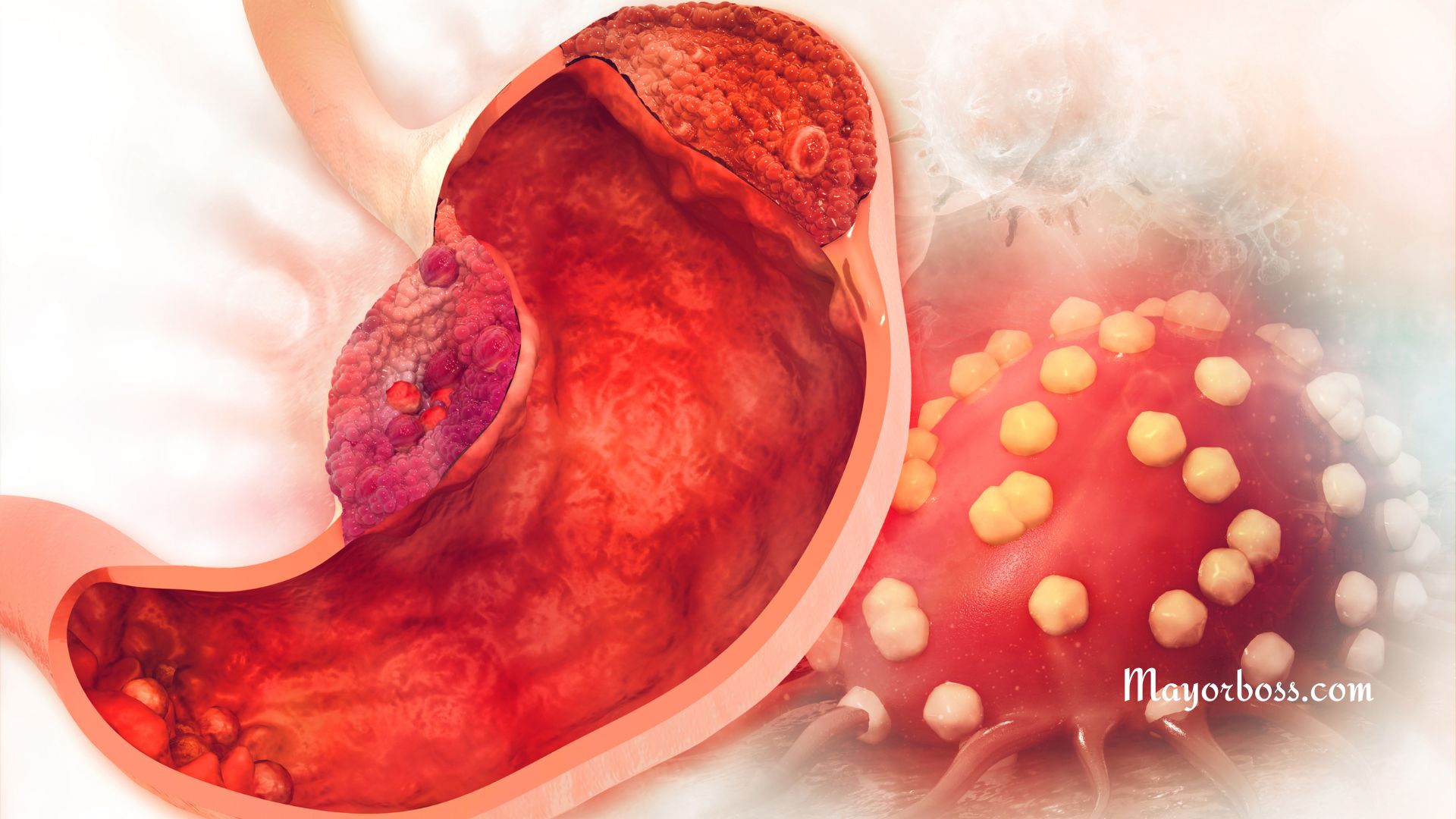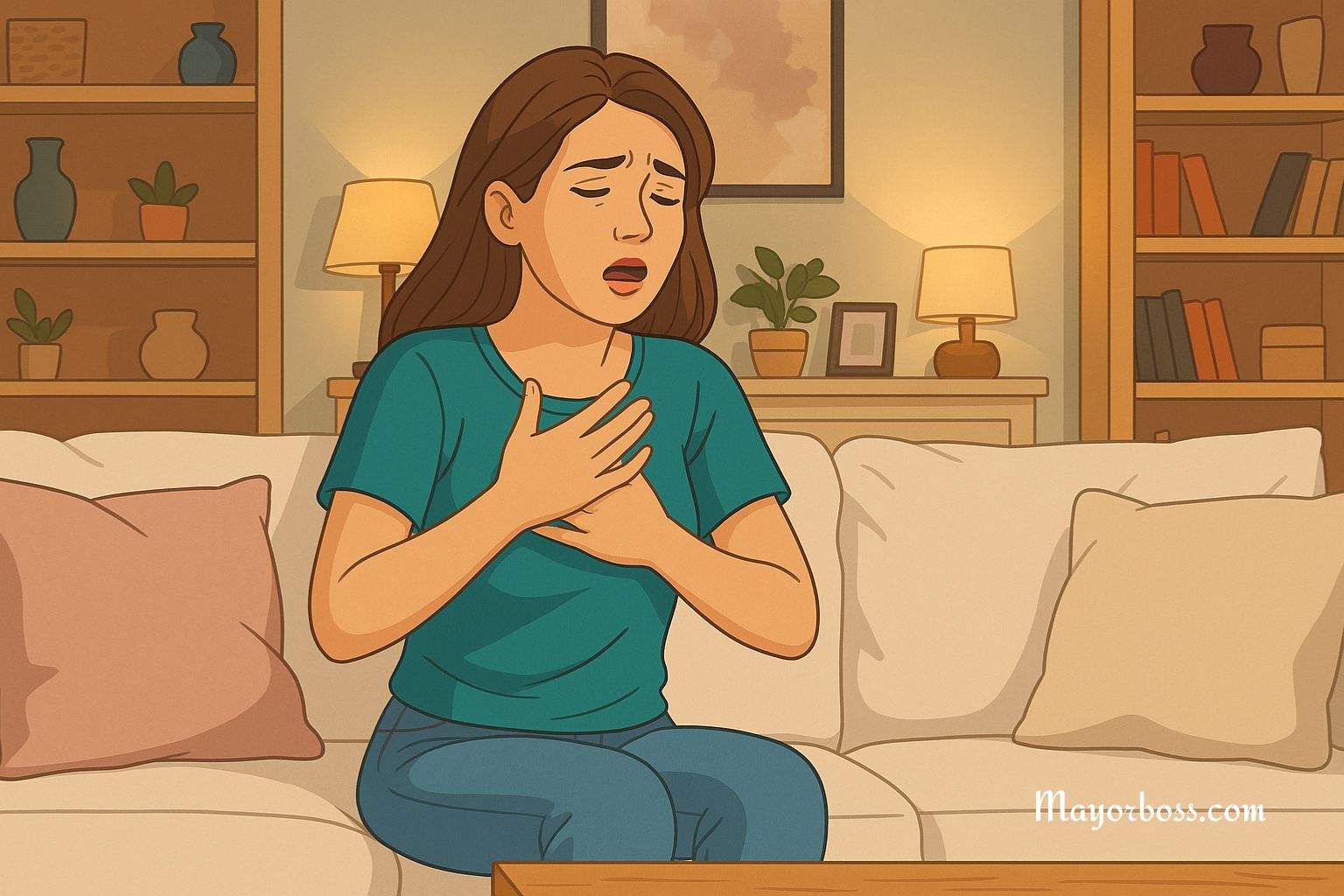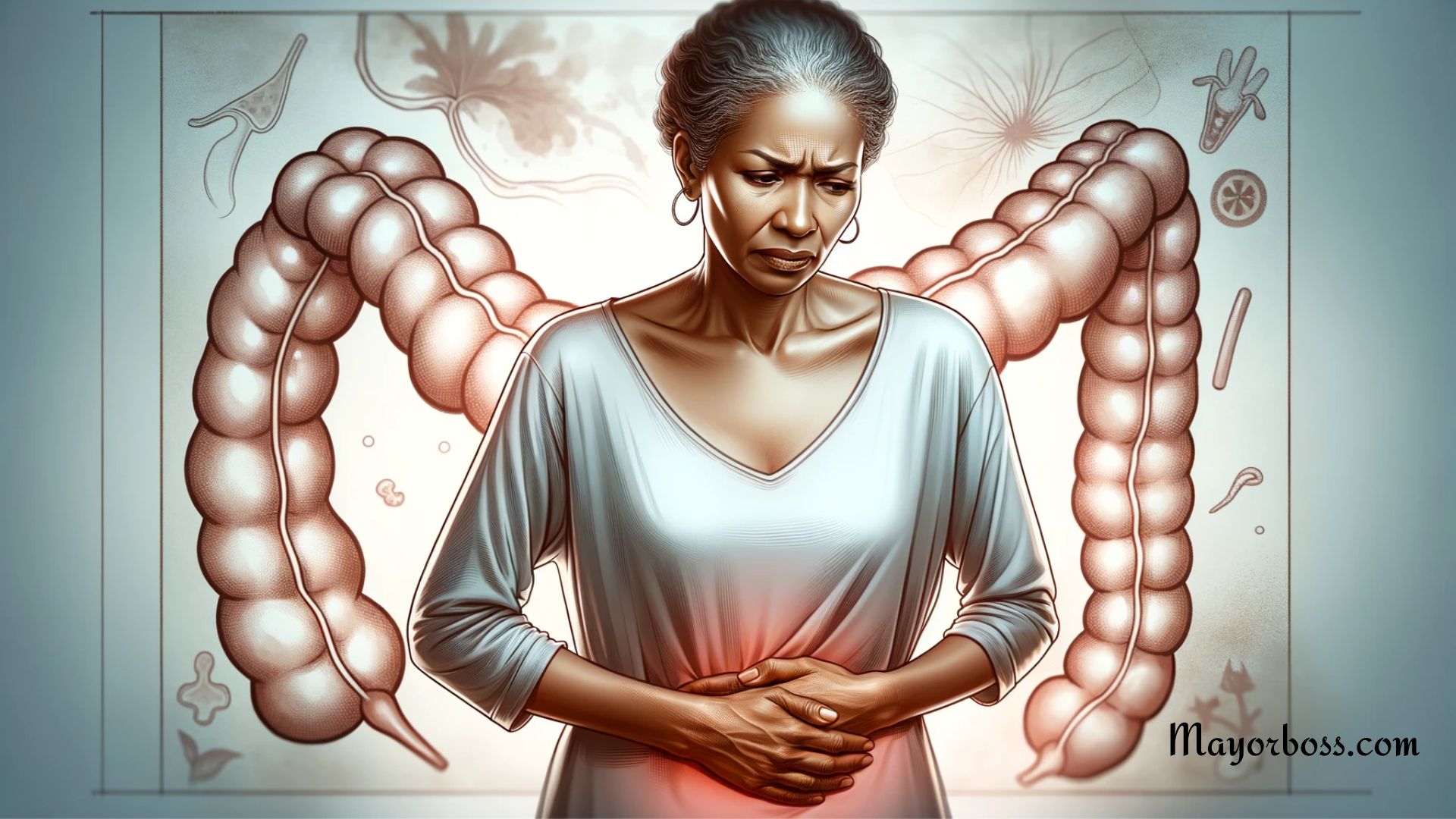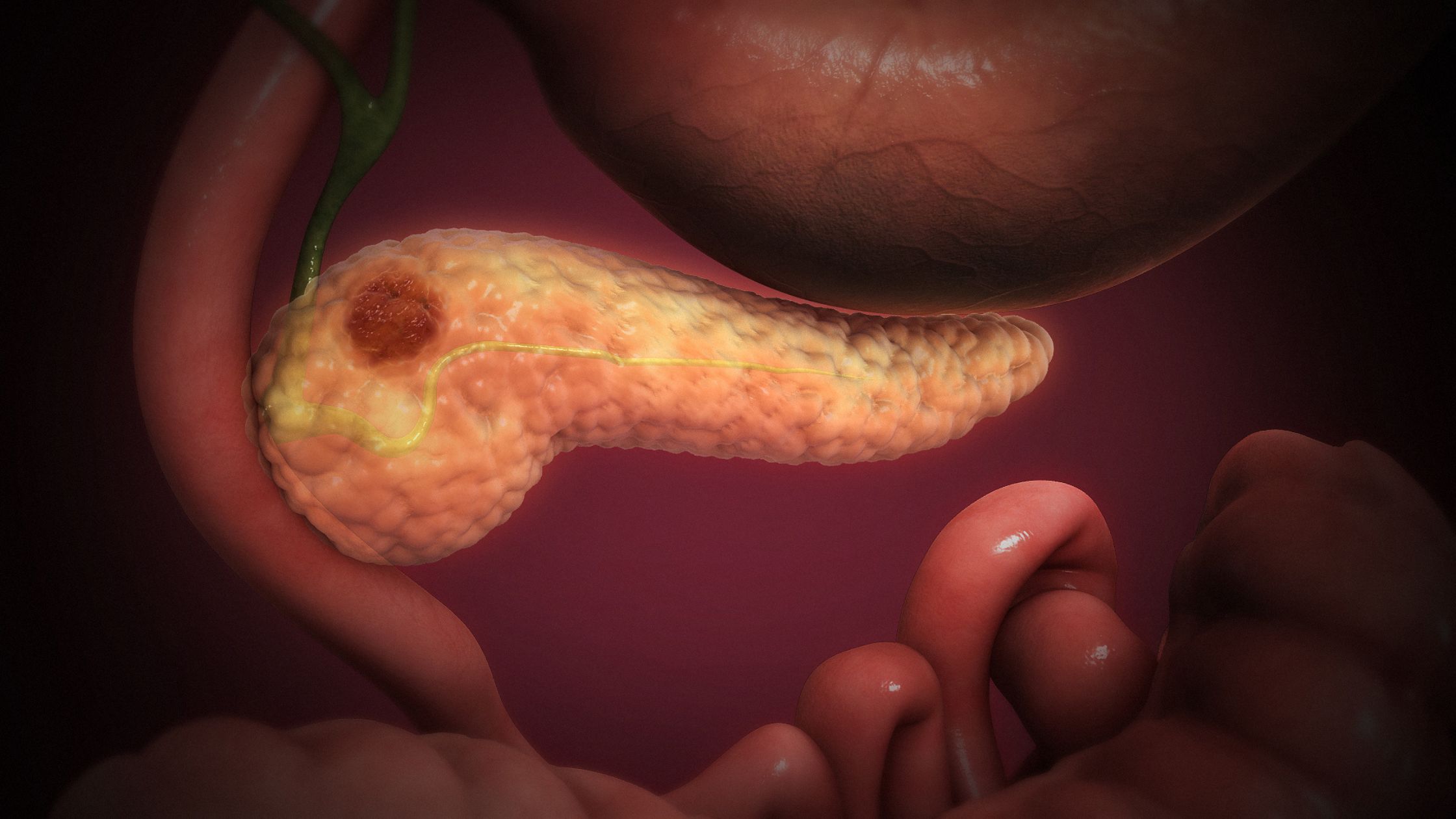The Symptoms of Stomach Cancer That You Shouldn’t Ignore
Stomach cancer, also known as gastric cancer, develops slowly over many years. Before actual cancer develops, precancerous changes often occur in the lining of the stomach, yet these early changes rarely cause symptoms and, therefore, often go unnoticed. This is why understanding the possible symptoms of stomach cancer is crucial, as early detection can significantly improve treatment outcomes. If you know what to watch out for, you’re better equipped to seek timely medical advice. So, here are the symptoms of stomach cancer that you shouldn’t ignore.

Early Warning Signs of Stomach Cancer
Often, early stomach cancer causes symptoms that are non-specific and easily mistaken for more common, less serious conditions. However, paying attention to the following signs can be key:
Indigestion and Heartburn
You might experience indigestion or heartburn that doesn’t go away. While these are common issues that can occur from various causes, their persistent nature can be a warning sign.
Abdominal Pain or Discomfort
Another early symptom is a vague discomfort or pain in the stomach area. This discomfort might not be sharp or severe but is persistent.
Feeling Full After Eating Small Amounts
If you find yourself feeling unusually full after eating just a small amount of food, it could be a sign that something isn’t right.
Loss of Appetite
A sudden disinterest in food or loss of appetite could also be an early indication of stomach cancer.
Unexplained Weight Loss
Losing weight without trying might seem like a pleasant surprise to some, but it can be a warning sign of several conditions, including stomach cancer.
More Advanced Symptoms of Stomach Cancer
As stomach cancer progresses, the symptoms can become more pronounced and severe. These include:
Difficulty Swallowing
Also known as dysphagia, this symptom might start as a feeling that food is stuck in your throat but can worsen over time.
Bloody or Black Stools
Finding blood in your stool or noticing that your stools are black and tar-like can be a sign of bleeding in your stomach.
Persistent Vomiting
If you experience vomiting that doesn’t seem to be related to a viral or bacterial condition, especially if you sometimes vomit blood, it’s important to get it checked out.
Swelling or Fluid Build-up in the Stomach
You may notice swelling in your abdominal area, which can be due to the buildup of fluid, a condition known as ascites.
Fatigue and Weakness
Ongoing fatigue and weakness without a clear cause can be a symptom of various types of cancer, including stomach cancer.
Anemia
Stomach cancer can cause a slow, chronic loss of blood, leading to anemia, which is characterized by feelings of tiredness and breathlessness.
When to See a Doctor
You should consult a doctor if you experience one or more of these symptoms and they don’t improve with standard treatment or over-the-counter medication. It’s particularly important if the symptoms are persistent or worsening or if you have a family history of stomach cancer or other risk factors, such as a history of stomach ulcers or smoking.
Frequently Asked Questions
Can stomach cancer be detected early?
Yes, but early-stage stomach cancer rarely causes symptoms. This makes it challenging to detect early. Regular check-ups and reporting any persistent, unusual symptoms to your doctor can help with early detection.
Are these symptoms always indicative of stomach cancer?
No, these symptoms can be caused by many other conditions, most of which are much less serious than stomach cancer. However, it’s important not to ignore them, especially if they persist.
How is stomach cancer diagnosed?
Stomach cancer is usually diagnosed through a combination of medical history, physical examinations, and diagnostic tests, including endoscopy, biopsy, and imaging tests like CT scans and MRIs.
In conclusion, while the symptoms of stomach cancer can be vague and similar to those of many other less serious conditions, recognizing and acting upon persistent symptoms can be critical for early detection and treatment. Always listen to your body and consult with your healthcare provider if you notice anything unusual.






